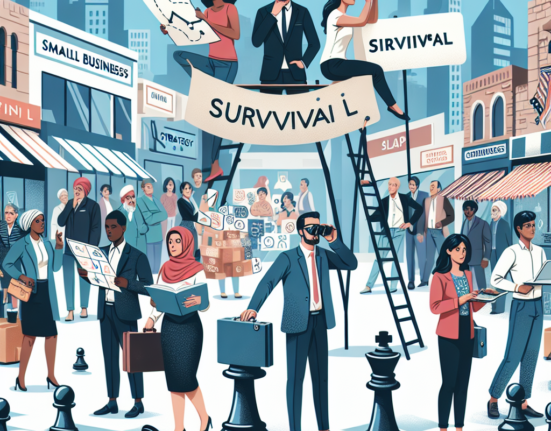Blockchain technology has gained widespread attention in recent years due to its potential to revolutionize industries across the globe. Originally created as the underlying technology behind the cryptocurrency Bitcoin, blockchain has since evolved to be used in a wide range of applications beyond just digital currencies.
At its core, blockchain is a decentralized, digital ledger that securely records transactions across a network of computers. Each transaction, or “block,” is linked to the previous one, forming a chain of blocks that cannot be altered or deleted. This transparency and immutability make blockchain a highly secure and trustworthy technology that is transforming the way industries operate.
In the financial sector, blockchain is playing a significant role in streamlining transactions and reducing costs. Traditional banking processes are often slow and cumbersome, involving multiple intermediaries and high fees. With blockchain, transactions can be completed in real-time, securely and without the need for intermediaries. This has the potential to increase efficiency and reduce costs for both businesses and consumers.
Blockchain is also changing the way supply chains are managed. By creating a transparent and traceable record of every transaction, from sourcing to delivery, blockchain can help companies track the origin of their products, verify their authenticity, and ensure they meet quality standards. This can help prevent fraud and counterfeiting, while also improving efficiency and accountability throughout the supply chain.
The healthcare industry is another sector that stands to benefit from blockchain technology. By securely storing patient records on a blockchain, healthcare providers can ensure the privacy and integrity of sensitive data, while also enabling patients to have more control over their own health information. This can lead to improved communication between healthcare providers and better patient outcomes.
In the entertainment industry, blockchain is revolutionizing the way content is created and distributed. Artists and creators can now directly connect with their audiences, bypassing traditional intermediaries like record labels and production companies. This not only allows creators to retain more control over their work, but also gives consumers more access to a diverse range of content.
Overall, the potential of blockchain technology to revolutionize industries is vast. Its ability to securely store and verify data, streamline transactions, and create transparent systems is changing the way businesses operate and transforming the relationship between consumers and producers. As more industries adopt blockchain technology, we can expect to see even greater innovation and disruption in the years to come.
















Leave feedback about this
You must be logged in to post a comment.